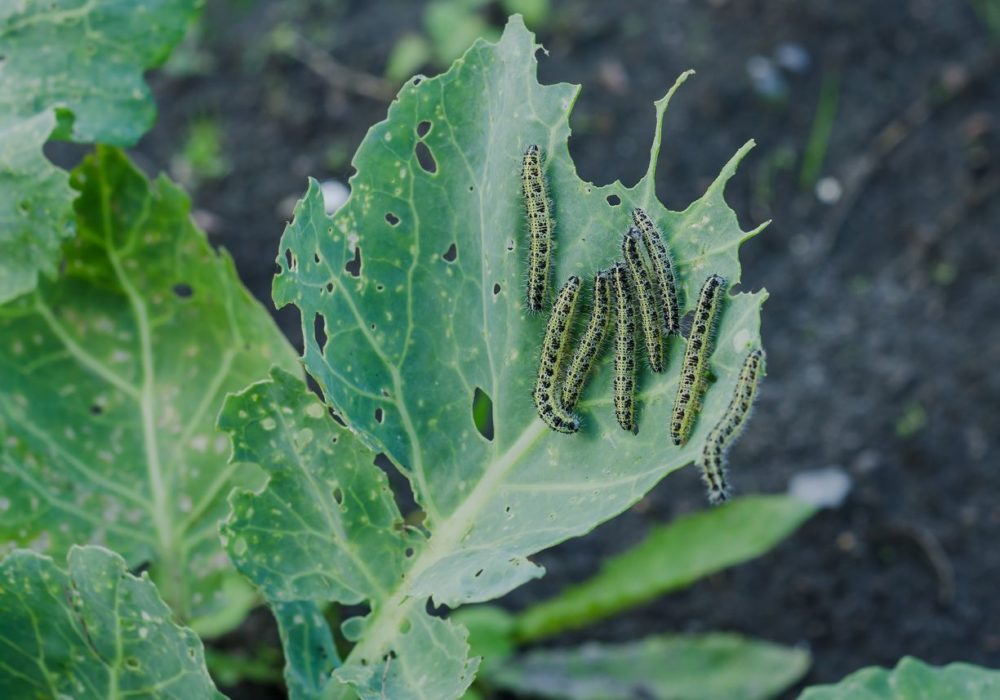Ongoing threats and disruptions to the global supply chain have made crop security a critical area for investment, even as capital to other areas of the food supply chain dwindles.
Crop protection startup Enko has secured a $70 million Series C round for its platform that facilitates discovery and development of alternatives to chemical crop protections. Australian agrochemicals company Nufarm, an existing investor, led the round.
The deal brings Enko’s valuation to $320 million.
On background
Based in Connecticut, Enko uses machine learning-based discovery technology and predictive analytics to find new “modes of action” for treating and protecting crops. The five-year-old startup’s goal is to provide efficient, sustainable alternatives to chemical-based crop treatments that are outdated and, in some cases, completely ineffective.
Enko’s platform can screen billions of molecules to assess how they would impact crops, weeds and pests, and identify potential toxicity issues. The company says this is an efficient, fast and relatively low-cost way to discover alternatives to chemical pest and weed treatments.
- In 2020, Enko raised a $45 million Series B round, led by the Bill & Melinda Gates Foundation, that was used to advance crop solutions to field testing and regulatory trials. Its agreement with the Gates Foundation requires Enko to simultaneously develop crop treatments for smallholder farmers in emerging markets, whom rarely have access to new farm technologies.
- Enko has an R&D collaboration in place with Bayer to discover new chemistries for fighting weeds; a similar multi-year partnership with Syngenta is also underway.
- A partnership with Nufarm to develop new herbicides for the Australian, US, and European markets commenced last year.
- Enko says it has generated hundreds of leading molecules across all categories of crop production. Current products include “a range of herbicides that are demonstrating breakthrough performance compared to industry standards like glyphosate,” which is linked to health issues in humans.
Why it matters
Chemical-based crop protections haven’t changed much over the past few decades. As a result, many weeds and pests have become resistant to common chemical treatments. More than 600 species of pests have developed some resistance to pesticides. Recent research suggests insect and weed evolution could outpace our ability to replace approved chemicals treatments, which can take a decade or more to develop and launch in the market.
Moreover, there’s a critical need for crop treatments that are safe for human health, soil health, waterways and overall crop ecosystems.
“Reliance on outdated chemistries has led to rampant resistance that is threatening farmer livelihoods and our food supply,” Enko CEO and founder Jacqueline Heard said in a statement. “Enko’s digital platform massively increases the scale and discovery rate for new solutions, screening out off- target organisms from the get-go. The result is bringing safe and effective products to growers better, faster and cheaper.”
“We were early investors in Enko and have followed the performance of their pipeline in the lab and field over the last two years with increased interest,” Nufarm Managing Director and CEO Greg Hunt added. “As an agricultural innovator, Nufarm’s strategy is to partner with like-minded companies who recognize that innovation and technology are the future for sustainable agriculture practices.”
Enko’s Series C funding will go towards advancing Enko’s product pipeline of crop protection chemistries. Enko will also expand its ENKOMPASS technology platform, which combines DNA-encoded library screening with machine learning and structure-based design to find new targeted chemistries.





